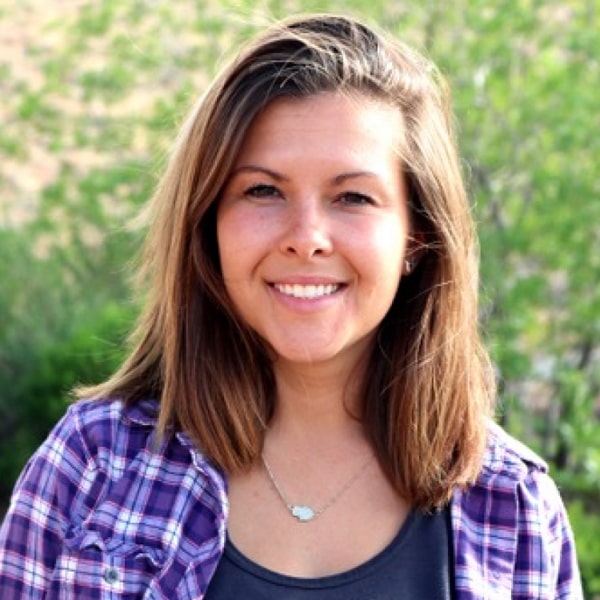Therapy that Leverages Nature’s Healing Properties
 A member of JWU Providence’s Clinical Health Counseling program’s first graduating cohort, Danielle Gagnon ’16 M.S. uses nature as a synergistic component of her counseling strategy. Throughout her career, she has practiced experiential therapeutic modalities and integrating the healing nature of the outdoors, including wilderness therapy.
A member of JWU Providence’s Clinical Health Counseling program’s first graduating cohort, Danielle Gagnon ’16 M.S. uses nature as a synergistic component of her counseling strategy. Throughout her career, she has practiced experiential therapeutic modalities and integrating the healing nature of the outdoors, including wilderness therapy.
Gagnon currently practices in Utah, where she became a licensed Clinical Mental Health Counselor. She has primarily worked with adolescents who have struggled with anxiety, depression, trauma, substance use and emotional regulation.
Gagnon has trained and is certified in many clinical modalities, including Brain Spotting, Trauma-Focused CBT and SMART Recovery; she is also Safe Zone-certified for working with the LGBTQ+ population. She believes these forms of therapy create a space to allow students to access negative memories or feelings and release them, allowing the brain and body to heal.